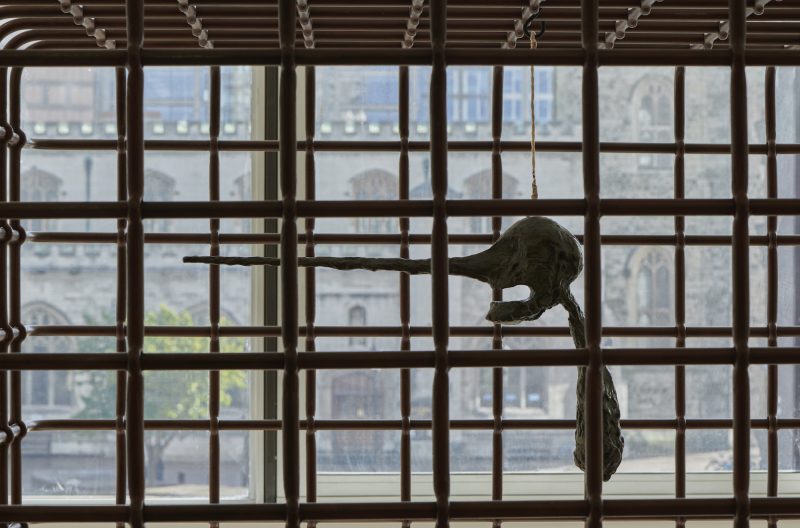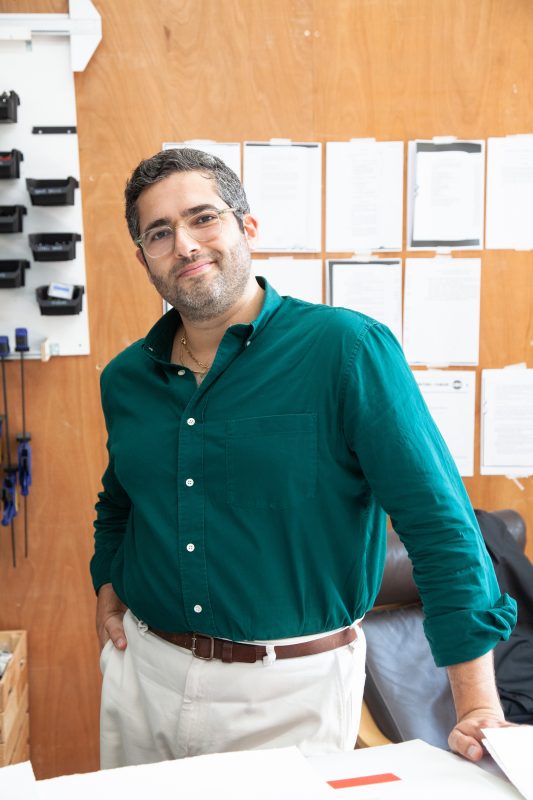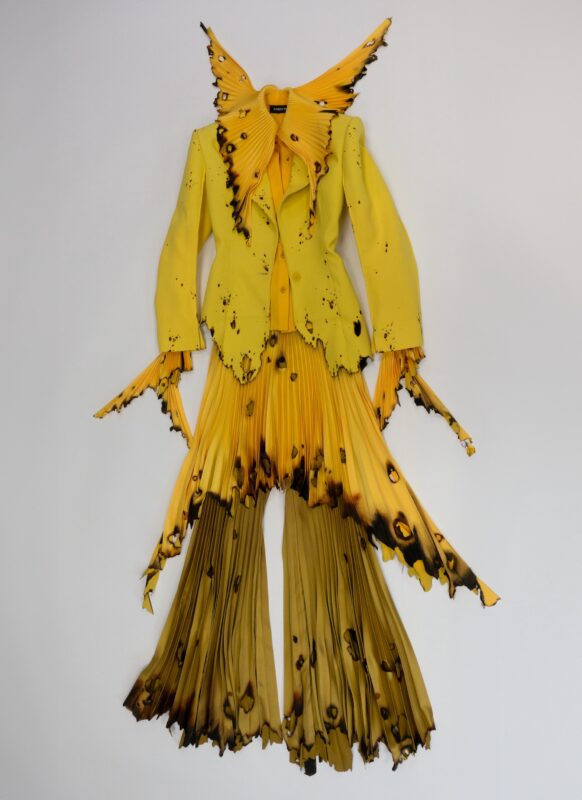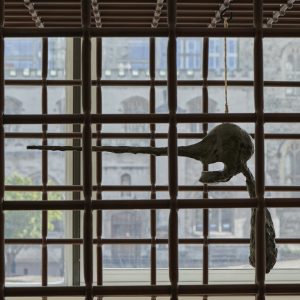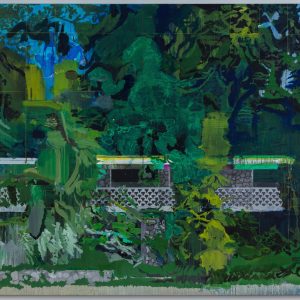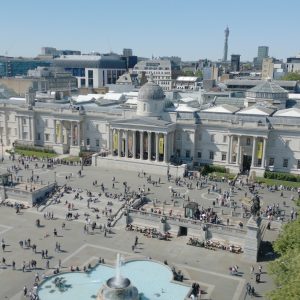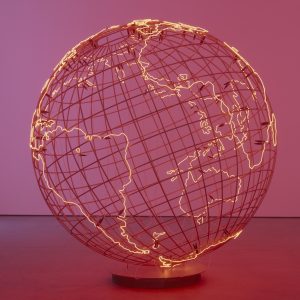This summer, the Barbican will present a major new exhibition by internationally renowned, Mexico-based artist Francis Alÿs (b. 1959, Antwerp, Belgium), his largest institutional solo exhibition in the UK for almost 15 years. Conceived as a welcoming space for all children to visit, it will transform the brutalist architecture of the Barbican Art Gallery into a cinematic playground of children’s games.
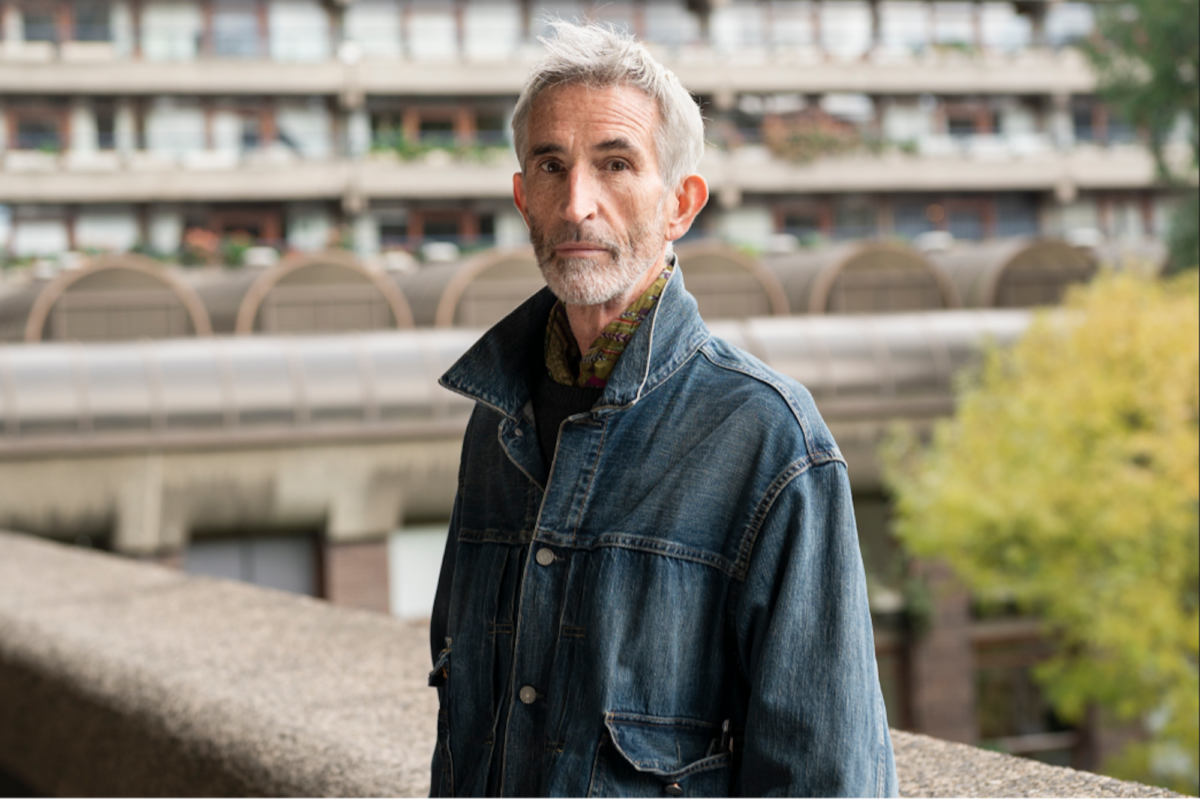
Celebrating the breadth and importance of the artist’s work, the exhibition will reveal new perspectives on his prolific career alongside works specially commissioned for the Barbican. Developed in close collaboration with the artist, it will stage the UK premiere of his critically acclaimed series Children’s Games (1999-present), newly expanded since the Belgian Pavilion at the 2022 Venice Biennale. Visitors will be immersed in a multi-screen film installation reflecting on the spontaneous, self-organised nature of children at play.
For the past two decades Alÿs has travelled to over 15 countries around the world to document children at play; from ‘musical chairs’ in Mexico, to ‘leapfrog’ in Iraq, to ‘jump rope’ in Hong Kong, and ‘wolf and lamb’ in Afghanistan. Standing as a testament to the universality of play and ingenuity even in politically charged environments, this archive of games grows in significance with each new film. The ever-expanding project is a record of lived experiences of play and social interactions which are in decline due to rapid urbanisation, the omnipresence of cars, the erosion of communities and the use of social media and digital entertainment.
We are thrilled to be staging this major exhibition exploring the fascinating, interdisciplinary work of Francis Alÿs, and delighted that the artist is creating this presentation specifically for the Barbican. Celebrating the universal joy of children at play, we look forward to Alÿs’s ludic sensibility working its way through the wider Centre, reflecting the Barbican’s own commitment to fostering a joyful and inclusive environment.
Shanay Jhaveri, Head of Visual Arts at the Barbican,
With a career spanning four decades, Alÿs has forged a unique and radical practice ranging from painting and drawing to film and animation. Trained as an architect and urbanist in Tournai, Belgium and Venice, Italy, Alÿs moved to Mexico City in 1986. The rapidly shifting urban context and the consequent changes to social dynamics in the late 1980s inspired him to become a visual artist, developing his early public interventions. Works like Paradox of Praxis 1 (Sometimes Making Something Leads to Nothing), 1997, wherein Alÿs pushed a large block of melting ice through the streets of Mexico City for nine hours, quickly established him as a leading artist of his generation.
Working in collaboration with local communities around the world, his engagement with cross-cultural contexts from Latin America to North Africa and the Middle East operates beyond dominant, Western-centric narratives. What emerges is a lifelong exploration of art as a vehicle for witnessing social and political change.
Major solo exhibitions include (selection): Wiels, Brussels (2023); MUAC, Mexico City (2023); The Belgian Pavilion, Venice Biennale (2022); Fragmentos, Bogota (2020); Tai Kwun, Hong Kong (2020); Rockbund Art Museum, Shanghai (2018); Art Gallery of Ontario, Toronto (2017); Secession, Vienna (2016); Museo Tamayo, Mexico City (2015); Museo de Arte Latinoamericano de Buenos Aires (2015); Museum of Contemporary Art, Tokyo (2013); Hiroshima City Museum of Contemporary Art (2013); The Museum of Modern Art, New York (2011); Tate Modern, London (2010) and Guggenheim Museum, Bilbao (2003). Recent major international group exhibitions include (selection): Shanghai Biennial (2018); Iraqi Pavilion at the 57th Venice Biennale (2017); dOCUMENTA(13), Kassel (2012).
He was awarded the Wolfgang Hahn Prize (2023); Whitechapel Gallery Art Icon (2020); EYE Art & Film Prize, EYE Filmmuseum, Amsterdam (2018); BACA-laureate Prize (2010); Vincent Award (2008) and the Blue Orange Prize (2004).
Francis Alÿs, 27th June – 1st September 2024, Barbican Art Gallery
